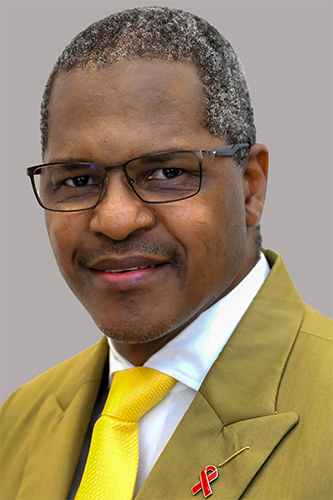Integrated spatial planning in municipalities as well as fiscal allocation for the development of local government, will form part of discussions during the Local Government Week in Parliament from 8 to 10 May 2018, when the National Council of Provinces (NCOP) together with the South African Local Government Association (Salga) meet with national government to tackle matters affecting the local sphere of government.
The Local Government Week is an annual feature on the programme of the NCOP, and the theme for this year is “Land Use: Towards Integrated Spatial Planning”.
NCOP Chairperson, Ms Thandi Modise, and Salga President, Councillor Parks Tau, will deliver keynote addresses and lead discussions during the three-day, high-level summit.
Parliamentarians, senior members of the national and provincial Salga leadership, the Presidency, Cabinet Ministers and MECs, the Land Bank, Stats SA, the Fiscal Finance Commission, independent analysts and the relevant strategic entities will take part in the Local Government Week.
Other areas of discussion during the high-level summit will include integrated planning and the provision of services (human settlements, energy, water and sanitation), and fiscal allocation for the development of local government.
The Local Government Week provides a platform for the debate on matters affecting local government on the national sphere of government, propose solutions including amendments to laws that negatively impact service delivery as well as those that result in over-regulation.
It also seeks to engender the principles of cooperative governance and inter-governmental relations in dealing with matters affecting the local sphere of government.
On the first two days the summit will discuss, among other things, long-term sustainability of the local government sphere, emphasis on declining revenue bases, economic outlook, revenue enhancement and interrogating the appropriate balance in the division of revenue between the different spheres of government.
The Local Government Week will also reflect on the dialectical relationship between Sections 154 and 139 towards a developmental state.
In October last year, the effectiveness of the process of placing struggling municipalities under administration, through Section 139 of the Constitution, came under serious scrutiny during a workshop of the NCOP and Salga with delegates arguing that there was no evidence where this process yielded positive results.
Secretary to the NCOP, Adv Modibedi Phindela, told the delegates attending the workshop that the Constitution did not intend for intervention to be a permanent measure.
“Intervention is not meant to be a permanent measure. It is a temporary solution to assist the municipality to return to normal function. The duration of an intervention depends on whether the municipality returns to normality,” he said.
He told the workshop that the NCOP does not intervene but was invited to play a role on whether intervention is within the Constitution.
“We need to start with Section 154 and if doesn’t succeed, we can proceed to Section 139 – dissolution of a municipality must come as a last resort after we have taken all other steps to bring it to normality,” Adv Phindela said.
Section 139 (1) of the Constitution says that “when a municipality cannot fulfil its executive obligation in terms of the legislation, the relevant provincial executive may intervene by taking any appropriate steps to ensure the fulfilment of that obligation.
And according to Section 154, the national government and provincial governments, by legislative and other measures, must support and strengthen the capacity of municipalities to manage their own affairs, to exercise their powers and to perform their functions.
By Sakhile Mokoena
7 May 2018

